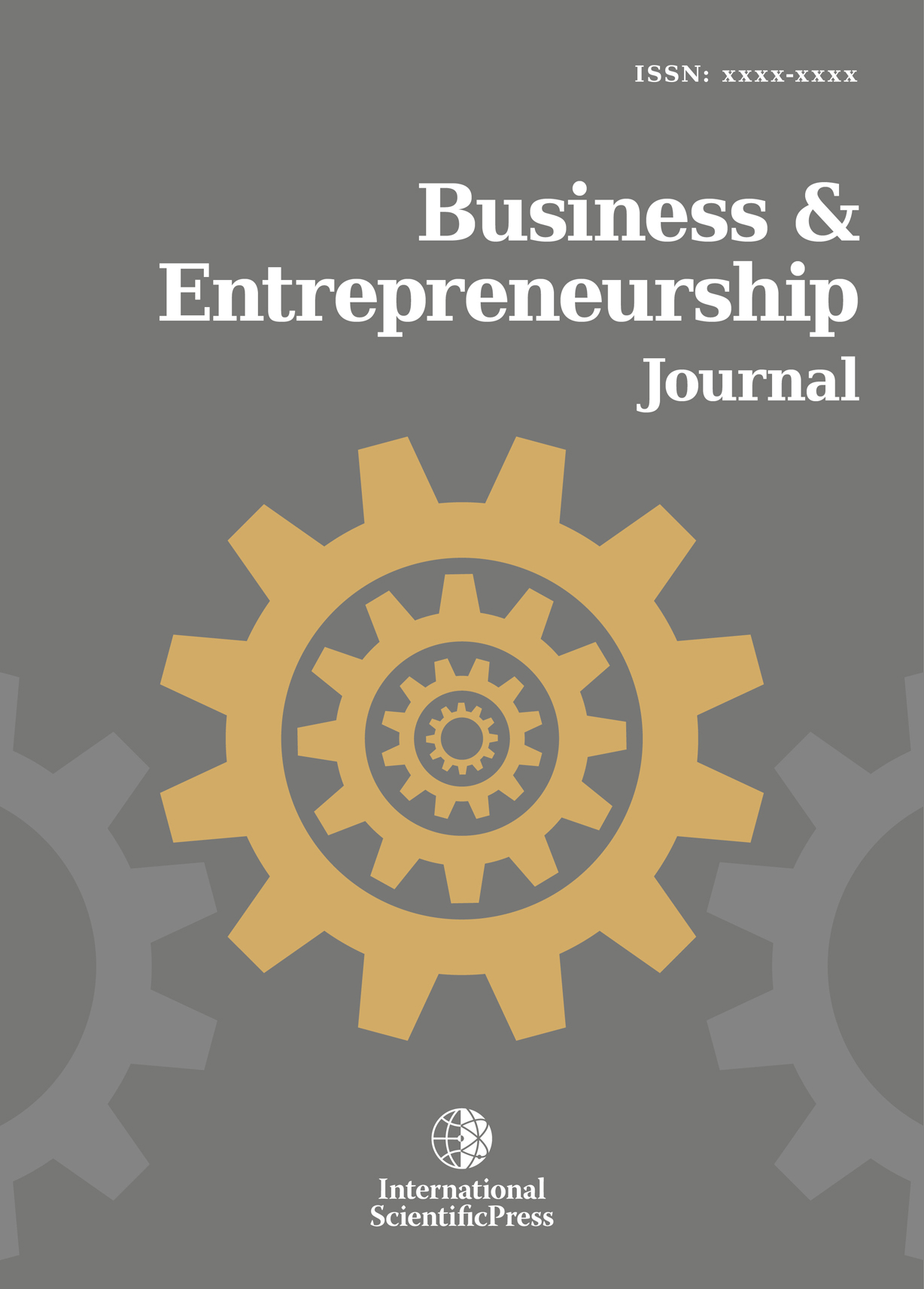Business & Entrepreneurship Journal
The Regime of International Investment in the Light of New EU Economic Agreements
-
 [ Download ]
[ Download ]
- Times downloaded: 8091
Abstract
By the term "regime" of international investment, we mean the fundamental principles and rules that constitute the regulatory framework for the investment of nationals or companies of one State in the territory of another. This regime comprises two components, the first of which relates to the establishment of foreign investment / investors in the host State and the second, and most important, covers their subsequent treatment by its public authorities. Such principles and rules are laid down in the new EU economic agreements, some of which constitute comprehensive Free Trade Agreements containing a chapter on foreign investment establishment liberalization (EU-Japan, EU-South Korea, EU-Australia, EU-New Zealand), others which also have comprehensive scope, contain a chapter on both investment liberalization and investment protection (EU-Canada CETA, EU-Mexico) while others are stand-alone investment agreements as they exclusively rule the protection of the investments of one party's nationals or companies in the territory of the other (EU-Singapore IPA, EU-Vietnam IPA, EU-Japan IPA). These EU agreements contain reformed investment protection rules that are not present in the existing Bilateral Investment Treaties (BITs). A key common feature of the above agreements, especially in the field of protection/treatment of foreign investment/investors, is the establishment of rules seeking to clarify some critical concepts in order to reduce the margins of discretion of both parties and their investors in the interpretation and application of rules adopted. In this context, the texts clarify, first of all, the notion of investment and investor to make clear who are entitled to invoke the provisions of the agreements to claim protection against the practices of the authorities of the host Party. It is clear that the so-called ‘shell’ or ’mailbox’ companies are not protected. The agreements also define more clearly and precisely on the one hand the concept of fundamental standards of treatment (non-discrimination, fair and equitable treatment, physical security, protection against expropriation, possibility to transfer and repatriate funds relating to an investment) and on the other hand the cases in which the authorities of the Contracting Parties are in breach of these standards. The aim is to avoid unfounded complaints against measures which do not, however, constitute a breach by the authorities of the obligations arising from the provisions of the agreements. The pursuit of creating a secure legal environment for foreign investors and their investments ultimately involves the creation of a permanent, objective, independent and impartial dispute resolution system.
JEL classification numbers: K33, F02, F21.
Keywords: European Union, International Agreements, Investment liberalization, Investment Protection.
